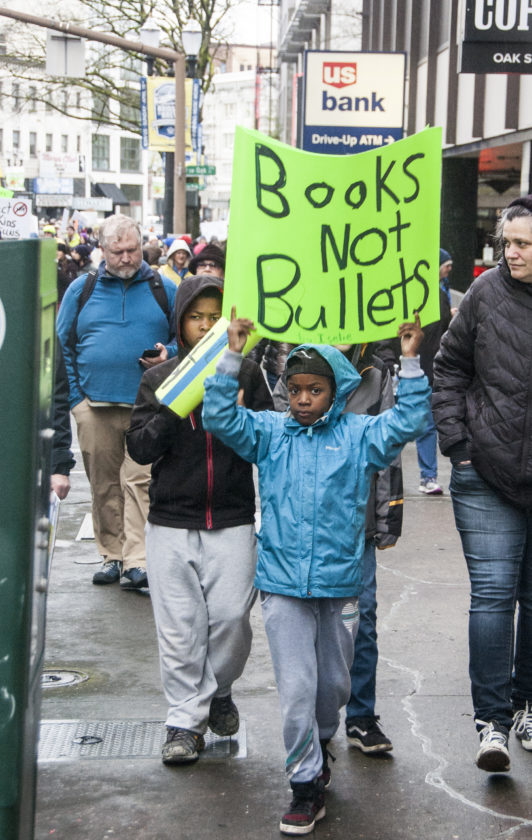Video fun with Biff
Tomorrow is my first night working alone as a KJ, that’s Karaoke Jockey to you, and I have to admit that I’m a little nervous. Nobody in the game calls it karaoke, if you are a true veteran; you know it simply as roke (pronounced row-key). Seeing as how I am such a karaoke dork and two of my roommates are also KJs, I was bound to become a KJ sooner or later. Actually, they call themselves the “roke bros” if you can stomach that. I guess I too am now a roke bro. It’s kind of fun thinking of myself as a full-fledged member of the Portland karaoke underworld. I can now call people such as One Nathan Under God, Cherry Sprout, Baby Powder Fresh and Wockenfuss not only friends but colleagues.
Ahh, life is good. So of course if I’m going to be a KJ I have to find out how Hollywood portrays it, right? Right.
The search was long and tedious and the results were unfulfilling but I think it was worthwhile. In my search I discovered that karaoke is thought of as addictive star-search of sorts and is only engaged in by 30 and 40 something’s who are going through a midlife crisis. Simply not true. Remember, karaoke is more scared of you than you are of it.
Shockingly, “Duets” is the only feature film that I could find that revolved around the world of karaoke. You would think that someone would have picked up on this eons ago but I think that “Duets” is a pretty good example of why producers were scared of making a karaoke movie. It was two of the most painful hours of my life. The cast is, on the whole, completely unlikable, especially karaoke hustler Huey Lewis. That’s right, karaoke hustler. He strolls in with some cosmetic black rimmed glasses, sans tape in the middle, finds the bar’s resident champion, puts on an act where he claims to know nothing about karaoke (“What do they call it, karate-oke?”), places a bet that he can beat the champ, and then simply annihilates everybody with his mediocre singing. I mean it’s not like Huey Lewis has a great voice. Honestly, on a scale of one to 10 he might be a six. So many generic and stereotypical characters round out the cast, that one has no attachment to any of them.
There’s the trailer park girl just looking for her father, the businessman who has gone crazy like Michael Douglas in “Falling Down”, the taxi driver who caught his girl friend cheating on him and is looking for love in all the wrong places and the ex-con with the secret past and heart of gold. “Duets” does offer one interesting character in the form of the girl who pays for everything with a hummer and smile so she can stay on the road and chase roke glory.
If Duets doesn’t quell your hunger for karaoke related cinema you are not completely out of luck. Among the slim pickings are, “When Harry Met Sally,” and someone told me that there is a karaoke scene in “My Best Friend’s Wedding.” That’s still a rumor. There’s also an independent documentary called “Karaoke Fever,” which is still trying to get itself released on DVD. My favorite show, “Grounded For Life” had a big karaoke tie-in involving the daughter and her obsession with the song from “Grease” “Summer Nights” (which is sung at least once a night where I work).
However, for my money, the best karaoke scene in any film is in “The Cable Guy.” This captures the true spirit of roke: drunk people singing songs way out of their range and not really caring because, hey, in the end, it’s just roke. It’s the creepy cocaine-like habit that “Duets” makes it out to be. So wish me luck on my first night of work as an official roke bro. You can call me Superstar KJ Biff Pocaroba.



